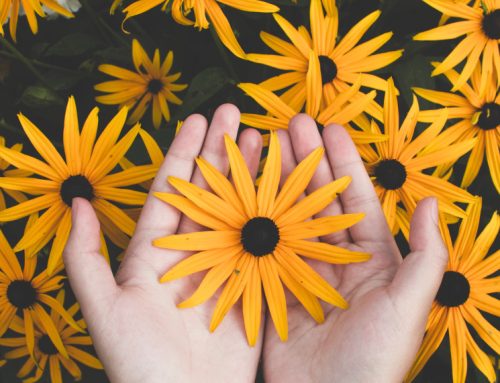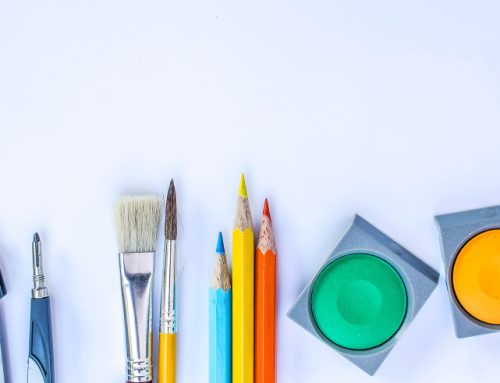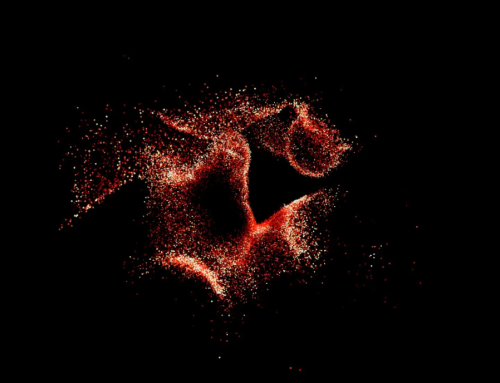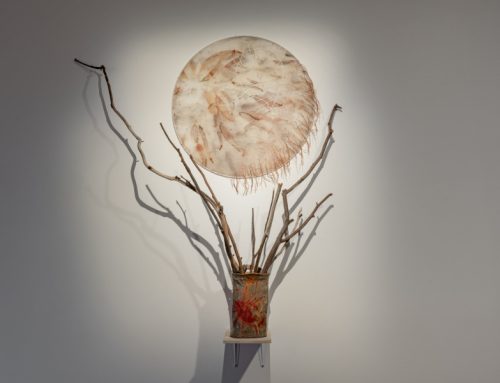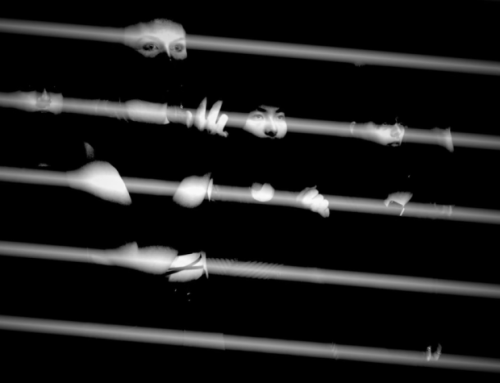In her final year of law and social political science, former Wellbeing Director at the University of Technology Sydney Law Students’ Society’s, Andelain Joy, aimed to find a creative streak in lock-down, so she revived a 2015 publication, and opened a pathway to expression of diversity and its challenges.
In 2015, the University of Technology Law Students’ Society’s (UTS LSS) one off publication, The Dialogue, brought together personal stories of exhaustion and isolation in law school, essays defining sexual harassment and consent, along with student-curated de-stress tips. Five years later amidst a pandemic, I brought the publication back to life, partially for my own selfish desire to write, but mostly to give voice to the diversity of UTS law students, many of whom took the opportunity to write about their struggles with mental health, exacerbated by lockdown.
As with any degree, studying law brings unique pressures and demands. At law school, you are competing with the high-achievers: those who were awarded dux in high-school, school captains and so forth. In the face of a looming graduation date and a highly competitive job market, the pressure to achieve a distinction average, build an impressive resume of work and volunteer experience, all the while paying rent and squeezing in time for friends and family, is quite a stressful experience. These pressures and the impact on mental health are discussed by students in their submissions to The Dialogue. One student wrote of the widespread ‘memes about law students cramming, drinking copious amounts of coffee, and studying up until the early hours of the morning’ as ‘an experience all too familiar’. Another piece read:
“As a law student, it can be so easy to become disheartened by a whole range of things – an essay mark, the overwhelming readings, questioning whether law is the right path, and so much more. This can cause a perpetual cycle of self-doubt to occur, where once you become accustomed to the academics of law, the stress of finding practical experience crashes in.”
My piece, which was not submitted to the competition, explores how my artistic and anxious sides interact with my academic self and the struggle I have with understanding my own identity in the context of law school. Although I am now pretty certain of a career in law, when I was young, all I wanted to be was a writer. I still have my many journals filled with short stories, screen plays, scripts, poetry, novel ideas and opinion pieces. Yet, the seemingly perpetual wave of assignments and reading deadlines that my law degree demands leaves little time for self-expression. Through discussions with my peers, I realised
losing touch with creative passions was a commonly shared experience. However, I believe that creative practice is essential to maintaining a healthy wellbeing, and maintaining a healthy wellbeing supports energy for study. That is why I decided to bring back the Dialogue publication: to engage with my creative side, share my story, and offer other law students the opportunity to do the same.
This year, The Dialogue publication invited law students to write submissions including poetry, creative short stories and personal essays, exploring identity themes such as gender, sexuality, spirituality, culture, race, ethnicity, and religion. Students this year were invited to share their background, what brought them to studying law and who they are beyond a purely academic perspective: the criteria were designed to ensure it was accessible students could truly share their diverse experiences.
Students responded by sharing stories which explored how identity can be a challenging and confronting phenomenon and three student writers were shortlisted for their pieces. The shortlisted submissions were “Can you say something in Sri-Lankan for me?” by Abina Kirubaharan, “Balancing Act” by Sai Muthukumar and “Colour of a Ceiling” by Manning Charles.
Our four judges were Indrani Bandyopadhyay who is a lawyer and ex-publisher of Sydney’s 2nd oldest gay magazine, Campaign, Nicholas Stewart who is a partner specialising in criminal law at Dowson Turco, Australia’s only “out loud and proud LGBTI law firm”, and occasional columnist at the Sydney Morning Herald and the Age, Edem Dokli, founder of activist organisation We are the Movement which advocates for the rights of Black, Indigenous, and People of Colour (BIPOC), and Bernard Cohen, award-winning author of seven books, director of The Writing Workshop and co-editor of Arts Health Network (NSW and ACT).
Here is an extract from each shortlisted submission:
“Balancing Act” by Sai Muthukumar
“I had emigrated to a melting pot of unknown languages, cultures and values in my youth. My adolescence had ushered a richness of insecurities and indecisions. I kept silent in the beginning, ensnared by muted thoughts.”
“Can you say something in Sri Lankan for me?” by Abina Kirubaharan
“Changing the narrative is taking charge of who you are. It carries power.
The hesitant whisper of ‘everyone around me knows so much and I don’t know why I’m here’ when I was eighteen is now a quiet and firm self- declaration of ‘but only I can bring my history to this classroom.’
My identity is mine to decide, and I am both Australian and Tamil. I choose how far I want to go and how I want to represent my intersectionality in my profession. I want to take up space. As I should.”
“Colour of a Ceiling” by Manning Charles
“I glimpsed a little of it then. You pick up on the long phone calls, the stapled packets of documents accidentally left out on the table. You feel the expensive parchment, marvelling at the strangeness of how your father signs above his name (like the finishing flourish has gradually taken over the whole signature). You don’t really understand the words you hear or the ones you read, but you hear the crying to your aunty in the locked room. You hear the crying when you should be asleep. You feel the gaps in what they say: a hole circled around, darkening, deepening with each conversation sidestepped.”
For the full issue of The Dialogue, follow this link:

I hope you enjoy reading these submissions as much as I have. If you have any questions about the The Dialogue, reach out to this years’ UTS LSS Wellbeing Director: wellbeing@utslss.com
Article by Andelain Joy
Posted by Holly Davison


